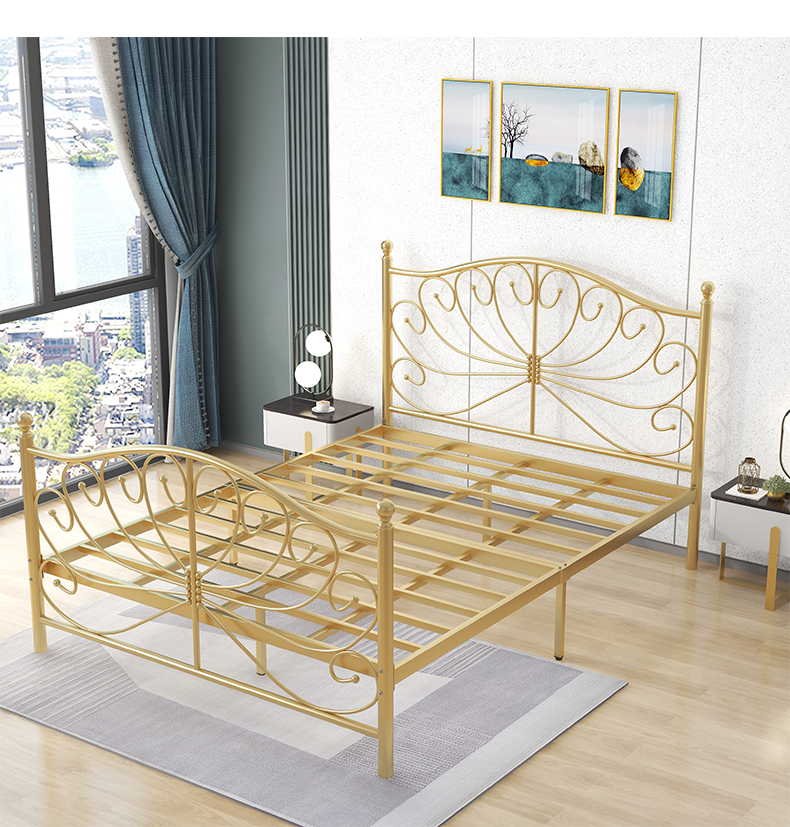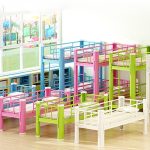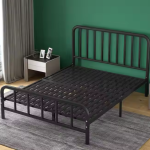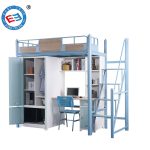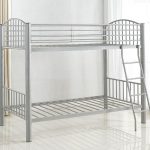When selecting a bed frame, many homeowners often face the common decision of choosing between a metal bed frame or a wooden bed frame. Both options come with their own set of advantages and disadvantages. This article will explore the main differences between metal and wooden bed frames, helping you make an informed decision.
Metal Bed Frame
Advantages:
- Durability: Metal beds are generally more durable, capable of supporting heavier weights, and are less likely to warp or become damaged by moisture, making them suitable for long-term use.
- Sturdy Structure: Bed metal frames usually offer stronger support, especially with modern designs, providing better stability for users of various body types.
- Cost-Effective: Metal beds are generally more affordable, making them a suitable choice for consumers on a budget.
- Easy to Clean: The smooth surface of bed metal frames makes them easy to clean and less likely to attract dust or stains.
- Lightweight: Metal frames tend to be lighter and easier to move or disassemble, which is ideal for situations where frequent relocation is required.
Disadvantages:
- Noise Issues: Some metal frame beds may produce squeaking sounds, especially if not assembled correctly or if they have moving parts.
- Simpler Appearance: Metal frames typically have a more straightforward design and may lack the warm, natural aesthetic that wooden frames offer.
- Temperature Sensitivity: Metal is highly responsive to temperature changes. In colder environments, a metal frame can feel cold, while in warmer climates, it might become too hot.
Click to see more metal bed styles
Wooden Bed Frame
Advantages:
- Elegant Appearance: Wooden bed frames have a natural, warm look that can complement various décor styles, from traditional to rustic.
- Less Noise: Wood is less likely to generate friction sounds, providing a quieter sleeping environment.
- Comforting Feel: The material gives the frame a cozy, nature-inspired appeal that can make a bedroom feel more inviting.
- Variety of Designs: Wooden bed frames come in various styles, colors, and wood types, offering more customization options compared to metal frames.
Disadvantages:
- Vulnerability to Moisture and Warping: Wooden frames are prone to damage from moisture, leading to swelling, cracking, or warping, which can impact both stability and appearance.
- Heavier Weight: Wooden frames tend to be heavier, making them harder to move or relocate.
- Higher Cost: High-quality wooden frames, especially those made from hardwood or crafted with fine detailing, can be expensive.
- Maintenance Requirements: Wood is susceptible to moisture, scratches, and wear, meaning it requires regular care and maintenance.
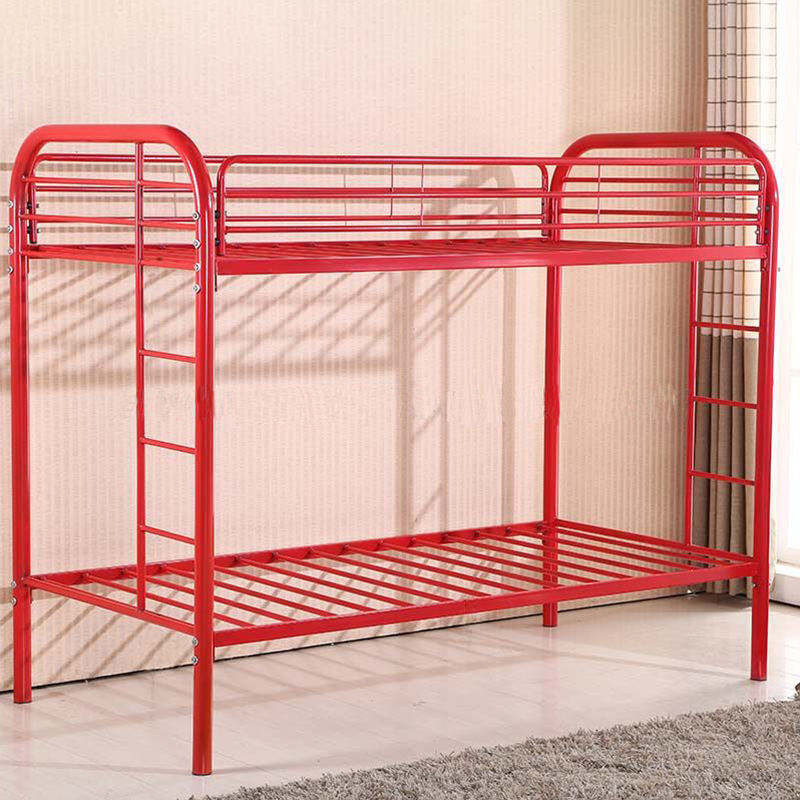
Metal vs. Wooden Bed Frame
The choice between a metal or wooden bed frame depends on individual needs, budget, environment, and style preferences. Below are key factors to help you decide:
Durability
- Metal Frame: More durable, resistant to moisture or warping, and ideal for long-term use. It’s well-suited for those needing a bed frame that can withstand wear and tear.
- Wooden Frame: Though high-quality wood frames are durable, wood can suffer from moisture damage, warping, or cracking, especially in humid environments.
Choose bed metal frame: If you need a long-lasting frame with minimal maintenance and high weight-bearing capacity.
Appearance and Style
- Metal Frame: Typically has a minimalist design with a modern or industrial aesthetic, ideal for contemporary homes.
- Wooden Frame: Offers a natural and warm look that blends well with traditional, rustic, or Scandinavian styles.
Choose wooden bed frame: If you prefer a cozy, natural feel, or if you want a classic, elegant design.
Noise
- Metal Frame: May squeak or make noise due to friction or vibrations, especially if parts become loose.
- Wooden Frame: Generally quieter unless made from poor-quality wood or has unstable construction.
Choose wooden bed frame: If you value a quiet sleep environment and want to avoid any noise.
Cleaning and Maintenance
- Metal Frame: Easier to clean with fewer maintenance requirements due to its smooth surface.
- Wooden Frame: Wood requires more care to avoid scratches, moisture damage, or dust accumulation.
Choose bed metal frame: If you prefer a low-maintenance option or a bed frame that’s easy to clean.
Weight and Mobility
- Metal Frame: Lighter and easier to move or assemble.
- Wooden Frame: Heavier, especially larger solid wood frames, making them harder to transport or adjust.
Choose bed metal frame: If you anticipate frequent moves or rearranging.
Price
- Metal Frame: Generally more affordable and offers a better value for those on a budget.
- Wooden Frame: Can be more expensive, particularly with higher-quality woods or custom designs.
Choose bed metal frame: If you are on a budget or looking for a more cost-effective option.
Conclusion: Which Bed Frame is Best for You?
- Metal Bed Frame: If you prioritize durability, affordability, easy cleaning, and a modern minimalist style, the metal bed frame is a great choice for budget-conscious consumers or those seeking a long-lasting solution.
- Wooden Bed Frame: If you love natural aesthetics, a quieter sleep environment, and don't mind investing in maintenance and care, the wooden bed frame is perfect for those who appreciate high-quality materials and timeless design.
Your ultimate choice should depend on your personal preferences, lifestyle, and budget. If possible, experiencing both types of bed frames firsthand can also help you make a more informed decision.


